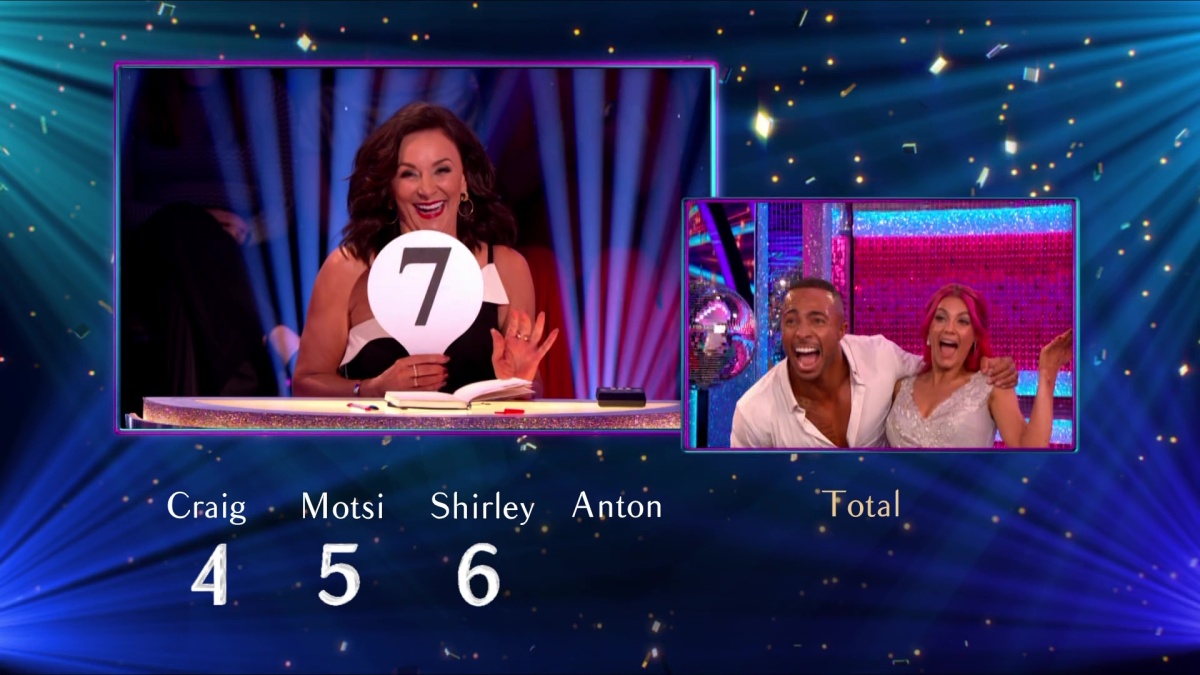OK, that is a statement for the start of April.
Everyone needs to think about having a will and power of attorney. And also thinking about having the right will and power of attorney in place.
The cruel April Fool that can be played on people is that the default law will help them and pass their estate to the ‘right’ beneficiaries and on the ‘right’ basis. It often (in the vast majority of situations) won’t. If you leave it to the default rules then disappointment or a random outcome will follow. Not a great way to arrange things.
Without a power of attorney assets will be frozen and no-one (even a spouse, civil partner, partner, child) has automatic (or really any) power to discuss and give any instructions on health and welfare matters. Delay and stress is likely to follow while a (slow) court process is gone through to get a guardianship order. Another potential very cruel misnomer is that power of attorney only for the ‘old’. Power of attorney can be vital irrespective of age or stage and health and wealth. More on younger people and power of attorney here.
A power of attorney allows you to choose who makes decisions and enables those chosen attorneys to discuss matters and make decisions as soon as required without delay. To put it one way… third parties (bank, doctor etc) want to speak with an attorney rather than a spouse… even if your attorney is your spouse, if you see what we mean.
On wills, where there is no will, the default law can create some unexpected and undesirable outcomes. True fact… yikes! There are all sorts of other unhelpful scenarios to go through that highlight that the default laws of intestacy are invariably bad (and all a bit random). And, as we have blogged on, even with changes to intestacy law coming in during the course of April, intestacy is still very much to be avoided.
Remember also that having a will in place is entirely different from also having sorted out the necessary on a power of attorney.
Having no will also causes delay and extra cost around the processes needed to appoint an executor. And while those processes are in some ways not overly onerous, if courts are busy, you can immediately add two or more months to the process of accessing accounts and being able to deal with assets (e.g. sell a house or investments). It can cause significant issues and stresses (financial and otherwise) to have that delay in being able to use bank accounts and other assets which are stuck frozen in the estate.
Not having a will also means the issues of having the ‘wrong’ beneficiaries, not having proper protective management mechanisms in place to hold wealth and tax inefficiency all make an appearance. Some individuals, such as cohabitants, are particularly vulnerable where there is now will.
And beyond wills, one should also consider the assets not always thought about… death in service, pension death benefits and insurances. Are these dealt with correctly and tax efficiently? Or are there disappointing surprises yet to unfold?
Is there ever a situation when no will is better than a will? You will note that the heading to this blog is “You don’t need to think about a will or power of attorney.” Everyone needs to think about a will and succession planning. There will be some cases – due to the mix of types of assets, asset value and family situation – where no will might be better. I had a situation before where the advice (if that is what the advice indeed was) to have a will could not have been right. Not right as having a will has meant that part of the estate will actually go to an unintended beneficiary in the form of an estranged child. That happens though the automatic rights of children called ‘legal rights’.
In that estate the correct answer would have been to have no will and the spouse (the intended sole beneficiary) would have scooped the whole estate (albeit with some of the extra hassles where there is no will but in that case it would have been worth it). So, with all of these things, a bit of thought and proper advice is needed to get to the right answer (especially if the answer is something counterintuitive and tactical such as not having a will)… everyone needs to think about succession and wills and powers of attorney as they apply to their own particular situation.
For help and advice on Scottish private client matters, get in touch with Alan Eccles: alaneccles@bkf.co.uk / 07359001038.
“Alan is a caring and empathetic private client solicitor who is dedicated to providing the best outcomes for clients. He has the technical knowledge and professionalism to meet client needs.” “Alan is a very articulate individual who is clearly an expert in his field.” Chambers High Net Worth 2023 directory
“Alan is a professional, dedicated and passionate private client lawyer.” Another interviewee enthuses: “Alan has excellent experience and technical knowledge, and he is very generous with his time.” Chambers High Net Worth 2022 directory








